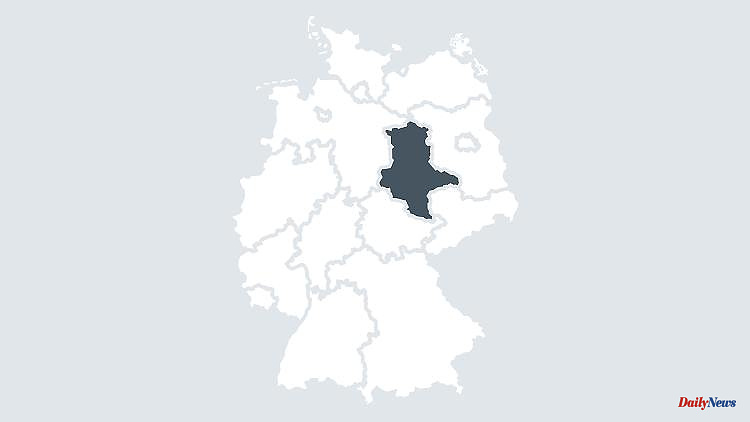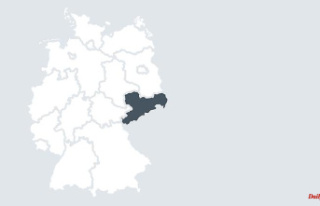It is common in Saxony-Anhalt for elementary school children to attend after-school care after school. There has also been a legal right for a long time. Against the background of the start of such a nationwide claim, the Bertelsmann Foundation took a look at the situation in the federal states.
Magdeburg/Gütersloh (dpa/sa) - The Bertelsmann Foundation believes that more staff is needed to improve all-day care for primary school children in Saxony-Anhalt. In Germany, a specialist takes care of an average of 15.6 children in the after-school care centers, as can be seen from the “Specialist Radar for Daycare and Primary School 2022”, which the foundation presented on Tuesday. The personnel ratio is thus less favorable than the East German average of 1 to 14 and seriously worse than in West Germany with 1 to 6.
According to the study, 6,000 more specialists would be needed in Saxony-Anhalt for this 1:6 ratio. That is more than three times as many as the 1800 specialists who, according to the forecast, could be available as new employees in Saxony-Anhalt by 2030. The Bertelsmann Foundation did not consider the aspect of additional costs.
The Bertelsmann Foundation recommends an all-day offer for all elementary school students with a quality comparable to that in the west - measured in terms of staffing. However, the so-called participation rate is also lower there than in the east: According to the experts, 47 percent of children in western Germany use an all-day offer, 18 percent until around 2:30 p.m. In the east, 83 percent of the children are cared for all day and 3.5 percent until the early afternoon.
The background to the study is the legal entitlement to all-day support of 40 hours per week for all primary school students nationwide from 2030. In Saxony-Anhalt, the legal entitlement to after-school care has existed for decades, just like in day-care centers.
The additional need for skilled workers in Saxony-Anhalt will be lower at around 4,300 people if the staffing level reaches the West German average in 2030, but the participation rate remains at the current level. According to the study, 74 percent of children of primary school age in the country use an all-day offer and eight percent use an afternoon offer until 2:30 p.m. Saxony-Anhalt is thus below the average of the eastern German federal states of around 86 percent.












